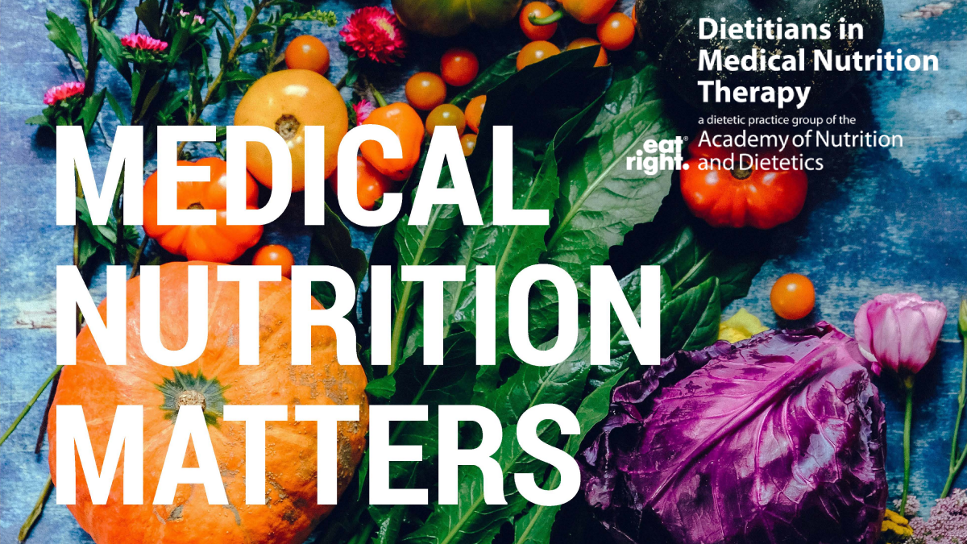Article: Post-Cholecystectomy Syndrome
Cholelithiasis, the presence of stones in the gallbladder, is the most common disorder of the biliary tract. Risk factors for gallstones include age, obesity, and metabolic syndrome. Laparoscopic cholecystectomy is the gold standard treatment for symptomatic cholelithiasis. First described in 1947, post cholecystectomy syndrome (PCS) is the presence of symptoms after cholecystectomy. It is described as the persistence of right upper quadrant pain, also known as biliary colic with gastrointestinal symptoms similar to those with cholecystitis prior to cholecystectomy.
PCS is defined as right upper quadrant pain, also known as biliary colic, with gastrointestinal symptoms similar to those with cholecystitis before cholecystectomy. PCS may be caused by numerous factors, including bile duct disorders and sphincter of Oddi dysfunction (SOD). PCS may be treated with medications, or surgically, with sphincterotomy. Diet changes, specifically a low-fat diet, may also be recommended for PCS, but a low-fat diet may not be beneficial for everyone. Individuals with PCS symptoms reported eating more eggs, animal protein, bread-based breakfast foods, and fewer vegetables, whereas those who reported fewer PCS symptoms consumed more rice. A low-fat, high-fiber diet has been suggested to help with PCS symptoms. Small, frequent meals are recommended to ensure a better amount of chyme with the available bile.
Author
Evangeline Y. Samples, MS, RDN, LD, EdD

